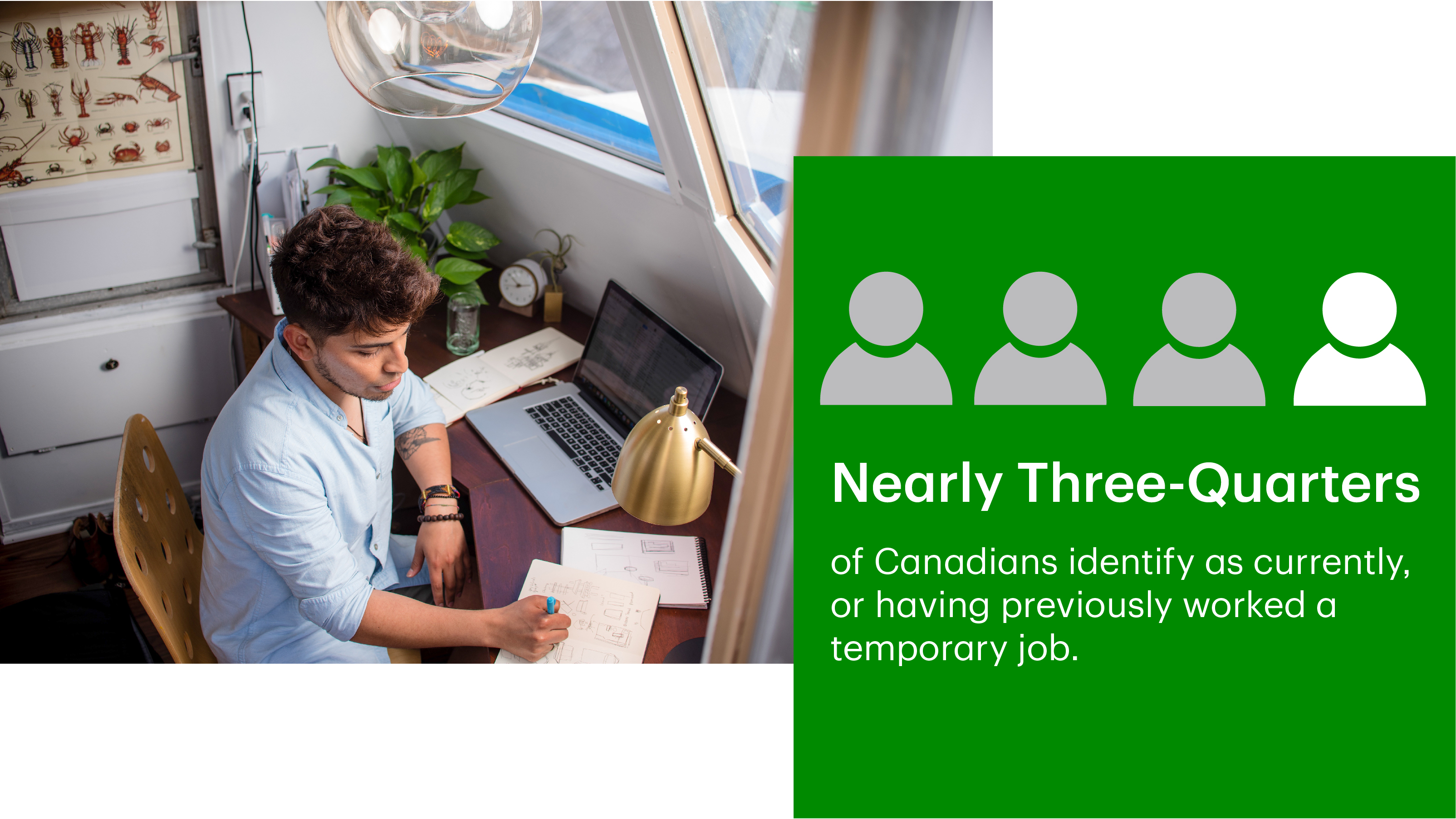It's tax season, and even though the filing process can be confusing and intimidating for many Canadians, this is especially true for freelancers or independent contractors who may be unsure of what they can claim, and how to report their income.
According to a 2018 TD survey, nearly three-quarters of Canadians (73 per cent) identify as currently working, or having previously worked, a temporary job as independent contractors (also known as freelancers). Beyond the need to stay organized by keeping invoices and receipts, here are four things freelancers should keep in mind when filing their taxes.
Commonly known business expenses
As a freelancer, there are many daily expenses that could be deductible as business expenses, if they are incurred solely for business purposes. This includes expenses like your mortgage interest or rent, and your computer if used for business purposes. For example, if you’re renting and are using a room in your rental unit as a home office, you may be able to deduct a percentage of your total rent based on the square footage of the area used as your home office as a business expense. Conversely, if you have a mortgage, you could deduct a portion of the interest costs of your mortgage if you use part of your home as a home office for your business on a regular basis. Check out Canada Revenue Agency's (CRA) guidelines on these deductions here.
READ: TD Explains: The difference between a TFSA and an RSP
A portion of cell phone and the internet bills may also apply as deductible expenses. For example, if you use your home internet 20 per cent of the time for freelance work-related assignments, you could claim 20 per cent of your bill as a business expense. The same goes for your cell phone – if it was purchased just for business, the full cost could be deducted, but if you use it as a personal phone too, you would then have to pro-rate the cost and claim only a portion of the cost as a business expense. To make sure you're making the right deductions, check out the CRA's full list of expenses that are available.
Know about these deductions?
While you may know to potentially deduct internet or cell phone usage on your taxes, there are other business expenses that are easily overlooked. For example, bank charges or interest on your business account, or penalties or fees paid for a loan and advertising costs, are also potentially deductible according to the CRA (as small office supplies such as pens, stamps and stationary would be if used for your business).

Consider incorporating
It's a misconception that incorporating is something reserved for large businesses. The benefits of incorporating as a freelancer include the potential of being taxed at a small business rate and creating a separate, legal entity for your business. If you decide to incorporate, you can do so federally or provincially. A number of factors, including the type of business you are running, the level of name protection required for your business and a difference in fees between federal and provincial incorporation are among several factors that need to be considered. You can read about the differences of incorporating federally or provincially on this Government of Canada site. Consider reaching out to an advisor at Corporations Canada in addition to checking out these steps from the Government of Canada about how to register your corporation once you've decided to incorporate.
But really, best to hire a tax expert
Speaking with an accountant or a financial advisor who has experience with filing income tax returns for freelancers (and who can also give advice regarding HST/GST registration) is good practice, especially when starting out. They can help ensure that you're accurately filing and taking advantage of appropriate deductions based on your specific situation. They can also provide tips to track and manage your business expenses moving forward. To find an accountant, consider contacting the Chartered Professional Accountants of Canada for help.
